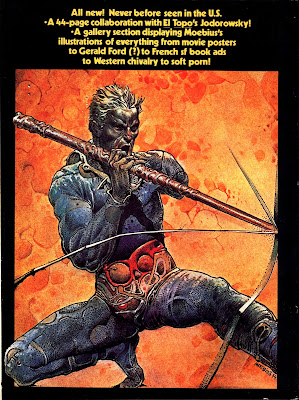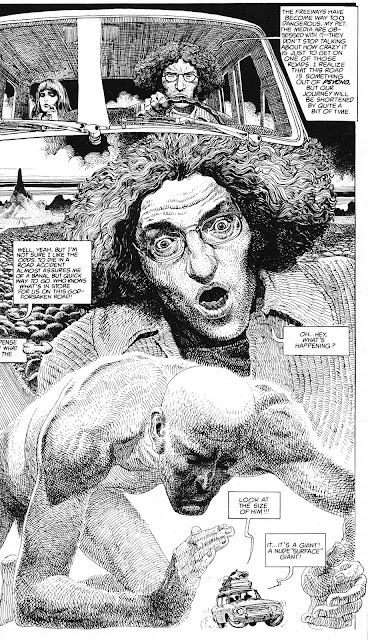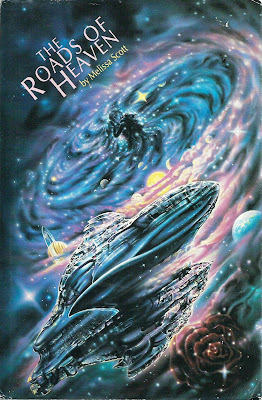'Dance Pt. 1' and 'If I Was A Dancer (Part II)'
As July 1980 slides into August 1980, the Rolling Stones' latest album, Emotional Rescue, released at the end of June, continues to supply the soundtrack to the Summer.
The first track on the album is the infectious disco song 'Dance (Pt. 1)'. While not released as a single, it did reach number 9 on the Billboard Dance chart.
The band recorded an alternate version of 'Dance', which was titled 'If I Was A Dancer (Pt. II)'. This was released as a track on the compilation album Sucking in the Seventies in 1981.
Fifth Avenue, 1980, photograph by Lucas Compan
Together, the two versions perfectly capture the hedonistic attitude of Studio 54 and the city's disco culture, as the elites partied away while New York sunk ever further into decay.
Hey, what am I doing standing here on the corner of
West 8th Street and 6th Avenue and...
Ah, skip it.
Nothing. Keith! Watcha, watcha doing? (whistle)
Oh, I think the time has come to get out, get out
Get up, get out, get into something new
Get up, get out, into something new
Ooh! And it's got me moving (Got me moving honey!)
Ooh! And it's got me moving
Ooh! And it's got me moving
Ooh! And it's got me moving
My my my, my my my, my my my, my my my, my
Poor man eyes a rich man
Denigrates his property
A rich man eyes a poor man
And envies his simplicity.
Get up, get up, into something new
Get up, get out, down into something new
Ooh! and it's got me moving
Ooh! and it's got me moving
Ooh! and it's got me moving
Ooh! and it's got me moving
Ooh! and it's got me moving
Yeah, get up, get up, get out
Into something new
Yeah, all, woncha all, woncha all, woncha all
Don't stand accused...
**************************************************************
I stand accused of talking
But I feel that we are falling
In the same old groove
The radio is playing
Spitting out the same old news
It's time to get up, get out
Get out into something new
Time to get up, get out
Out into something new
Everybody wants somebody's fantasy
Everybody wants somebody's crazy dreams
Everybody wants somebody's fantasy
Everybody wants somebody's crazy dreams
If I was a woman, I would want a new man every night
If I was a woman, I would want a new man every night
If I was a politician, make sure I was the best in sight
If I was a woman, I would want a new man every night
Everybody wants somebody's crazy dreams
If I was a woman, I would want a new man every night
If I was a woman, I would want a new man every night
If I was a politician, make sure I was the best in sight
If I was a woman, I would want a new man every night
The poor man eyes the rich man
Denigrates his poverty
The rich man eyes the poor man
And envies his simplicity
Denigrates his poverty
The rich man eyes the poor man
And envies his simplicity
Everybody wants somebody's fantasy
Everybody wants somebody's crazy dreams
If I was a movie star, five million dollars would be my price
If I was a trucker, I'd drive for seven days and seven lonely Nights
If I was a drummer, I would never miss the beat
If I was a dancer, y'all would never see my feet
If I was a hooker, a thousand dollars would be my price, all right
If I was a candidate for President, I'd make sure I had a steady wife
If I was a millionaire, I'd spend all my money in one crazy night
Everybody wants somebody's crazy dreams
If I was a movie star, five million dollars would be my price
If I was a trucker, I'd drive for seven days and seven lonely Nights
If I was a drummer, I would never miss the beat
If I was a dancer, y'all would never see my feet
If I was a hooker, a thousand dollars would be my price, all right
If I was a candidate for President, I'd make sure I had a steady wife
If I was a millionaire, I'd spend all my money in one crazy night
I am what I am
Yeah, my my boss
Yeah, my my boss
I am what I am
My dreams can't be bought Yeah, I said now
I tear across the dollar
I tear across the dollar
Just to end this day with you
Yeah, I am what I am
I am my own boss
I am my own boss
Everybody wants somebody's crazy dreams
Everybody wants somebody's crazy dreams
Everybody wants somebody's crazy dreams










































































